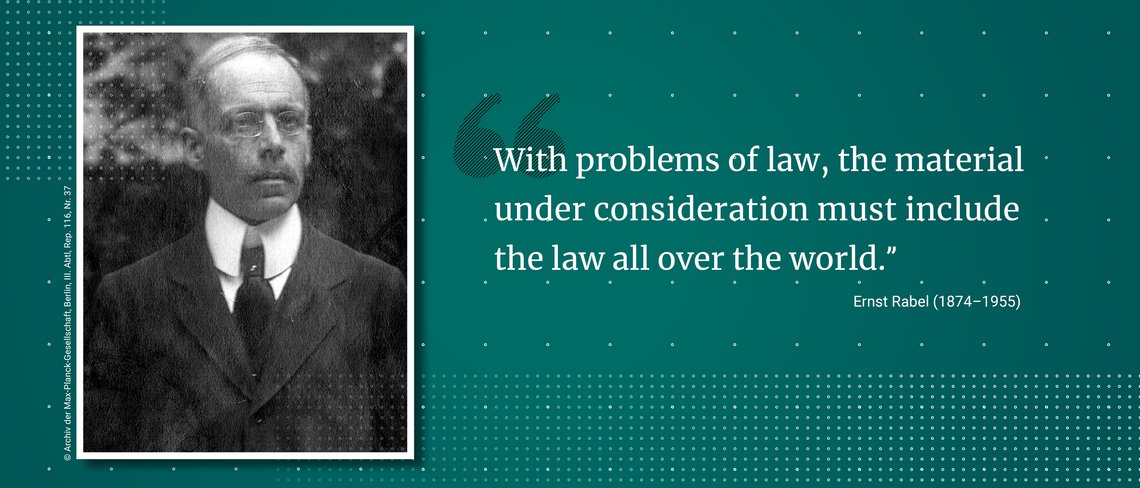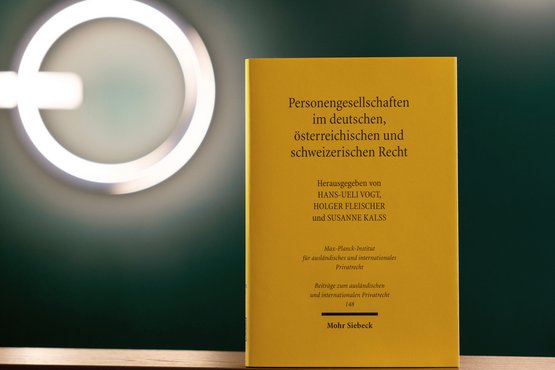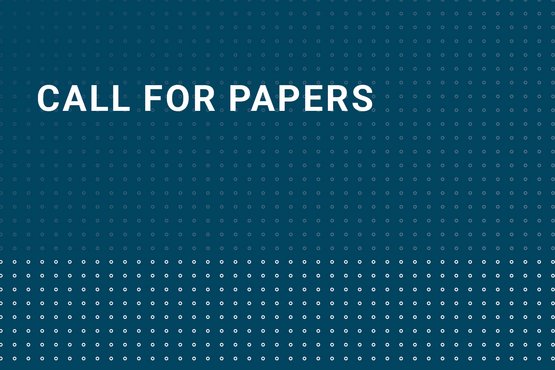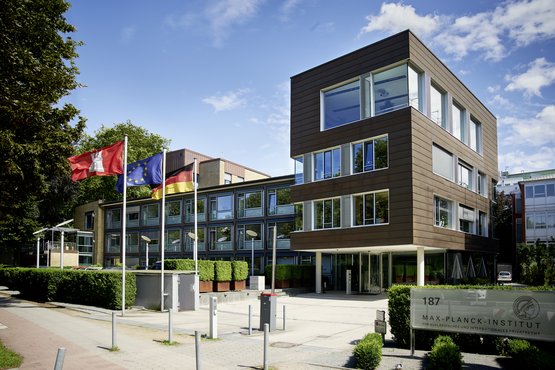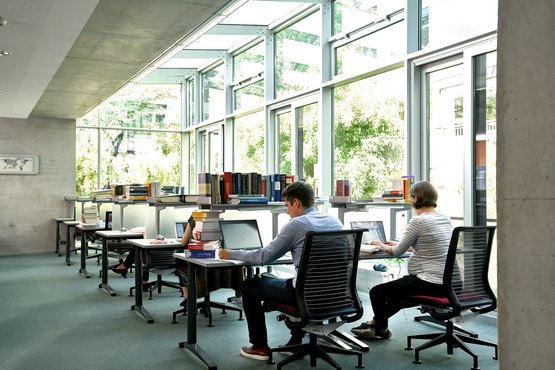News
New Releases
Contribution to a Collected edition
Felix Aiwanger, Contracting with Nature: Empowering Nonhuman Interests in Negotiations, in: , (eds.), Contract and Power: Ideologies, Inequalities, and Marginalisation in European Contract Law, Intersentia, Cambridge 2026, 153–168.
Contribution to a Collected edition
Anne Röthel, Sittenwidrigkeitsurteile, in: , (eds.), Das Wissen vom Erben und Vererben. Perspektiven und Quellen seit 1800, Campus, Weinheim 2026, 137–149.
Collected Edition
, Ralf Michaels (eds.), Global Legal Pluralism and Rights of Nature (Beiträge zum ausländischen und internationalen Privatrecht, 151), Mohr Siebeck, Tübingen 2026, XXIV + 643 pp.
Contribution to a Collected edition
, Ralf Michaels, Introduction, in: , Ralf Michaels (eds.), Global Legal Pluralism and Rights of Nature (Beiträge zum ausländischen und internationalen Privatrecht, 151), Mohr Siebeck, Tübingen 2026, V-X.
Contribution to a Collected edition
Ralf Michaels, A Hybrid of Hybrids. Global Legal Pluralism and Rights of Nature, in: , Ralf Michaels (eds.), Global Legal Pluralism and Rights of Nature (Beiträge zum ausländischen und internationalen Privatrecht, 151), Mohr Siebeck, Tübingen 2026, 47–94.
Journal Article
Jennifer Trinks, Durchsetzungslösung statt sog. Haftungslösung beim Gesellschafterausschluss in der GmbH, GmbH Rundschau 2026, 1–13.
